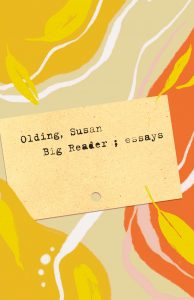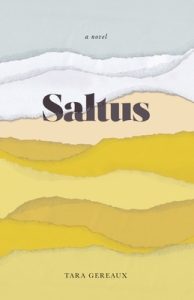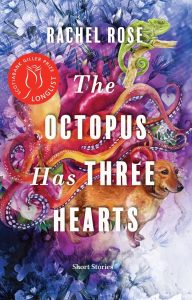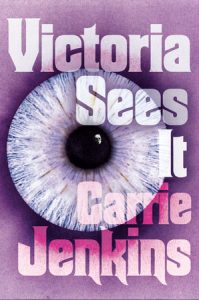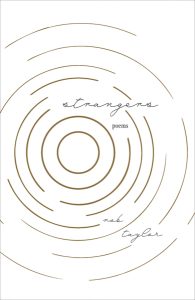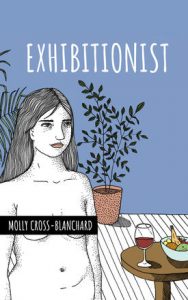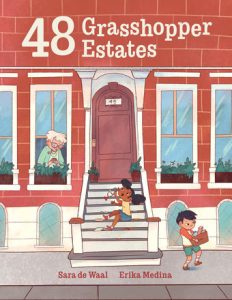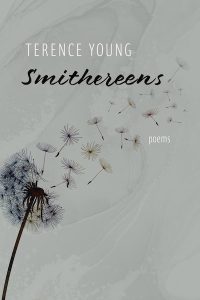Susan Olding: Big Reader
Big Reader is a brilliant, achingly beautiful collection about the slipperiness of memory and identity, the enduring legacy of loss, and the nuanced disappointments and joys of a reading life.
Tara Gereaux: Saltus
The events that transpire that evening force each townsperson to look long and hard at themselves, at their own identities, and at the traumas and experiences that have shaped them. Told from multiple perspectives, Saltus reveals the complexities inherent in accepting the identities of loved ones, and the tragic consequences that unfold if they are ignored.
Rachel Rose: The Octopus Has Three Hearts
The Octopus Has Three Hearts offers dispatches from the margins of human society. These are stories about damaged people who have committed, witnessed or survived terrible acts and who must make their way in an unforgiving world.
Diane Tucker: Nostalgia for Moving Parts
Deeply grounded in the rainy mists and green reeds of the Canadian west coast, solitude becomes a spiritual practice transmuting loneliness and loss into grand appreciations for the gift of childhood and the untravelled road ahead.
Bren Simmers: If, When
The poems in If, When link the author’s contemporary experiences while living in Squamish, British Columbia, with those of her great-grandparents, who lived in the nearby mining town of Britannia a century earlier.
Carrie Jenkins: Victoria Sees It
A queer psychological thriller from a beguiling, fresh new voice. Victoria is unraveling. Her best friend is missing, and she’s the only one who seems to care: there are clues all over Cambridge, but Deb is nowhere to be found–and the harder Victoria looks, the less she sees.
Rob Taylor: Strangers
A book about the songlines of memory and language and the ways in which they connect us to other human beings, to read Strangers is to become part of the lineages (literary, artistic, familial) that it braids together—to become, as Richard Outram puts it, an “unspoken / Stranger no longer.”
Molly Cross-Blanchard: Exhibitionist
Painfully funny, brutally honest, and alarmingly perceptive, Molly Cross-Blanchard’s poems use humour and pop culture as vehicles for empathy and sorry-not-sorry confessionalism.
Sara de Waal: 48 Grasshopper Estates
With a diverse cast of characters brought to life by illustrator Erika Medina, Sara de Waal’s whimsical debut emphasizes the power of imagination and finding companionship where you least expect it.
Terence Young: Smithereens
More than any of his previous books, though, Smithereens features poems that are playful, in which language is often associative, surprising and fun.
